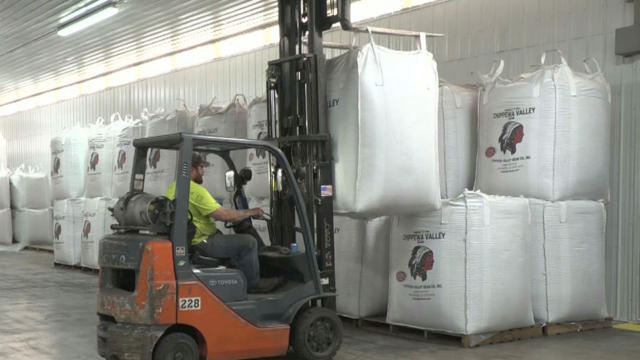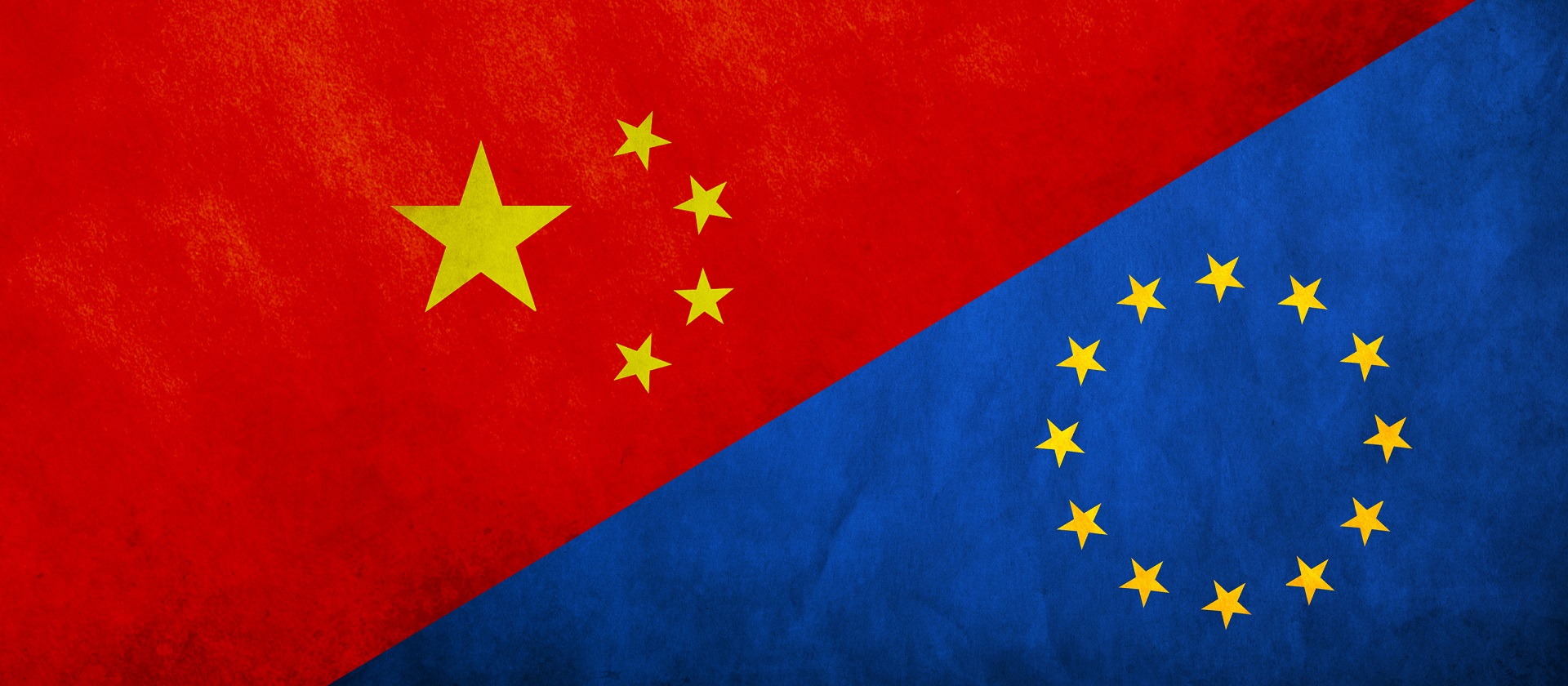A decades-old, family-run business in the U.S. state of Wisconsin is caught up in the trade tension crossfire. The EU imposed a 25 percent tariff in retaliation for U.S. measures, hitting the company hard, and threatening its future.
CGTN’s Dan Williams reports.
The sight of thousands of red kidney beans bouncing along a conveyor belt is mesmerizing. And exactly the sight you’ll see at the Chippewa Valley Bean Company.
One-in-four dark red kidney beans traded internationally is handled by the Wisconsin-based family-run company. Its key market is Europe, which accounts for 60 percent of its exports, with an annual revenue of $25 million.
But that is now under threat.
After the U.S. placed tariffs on European steel and aluminum this spring, Europe hit back with a range of taxes, including a 25 percent tax on kidney beans.
“My family has been here since 1858. I am the seventh generation on this family farming business,” President Cindy Brown explained. “This is the worst thing a government has ever done to us.”
Trading partners in Europe said the tariffs make her family’s product too expensive. Each year, the company processes some 45,000 metric tons of red kidney beans. But with orders now being canceled because of the tariffs, the warehouses are filling up.
Cindy Brown, President, Chippewa Valley Bean Company
“Primarily we have stopped shipping. Our customers are either saying cancel the contract – maybe let’s wait and see if it turns out differently – or we have to renegotiate. And if we are having to renegotiate, we are probably looking at prices that are below our margins.”
Although the Trump administration has promised $12 billion to farmers in emergency aid, there is a fear that buyers will simply look elsewhere… and won’t return.
Cindy’s father Russell Doane planted the first crop of red kidney beans at the farm in 1969.
“Tariffs never do anybody any good. There’s a saying: We would rather have trade than aid,” the company founder said. “If we are allowed to do our business as we have been doing it, we don’t need the aid.”
The company said it will honor its commitment to purchase beans from other local producers, but future deals are now in question.
Cindy said that farmers producing below the cost of production is not sustainable. There have also been a number of bankruptcies in agriculture in recent years, which Cindy sees as not getting better any time soon.
 CGTN America
CGTN America


